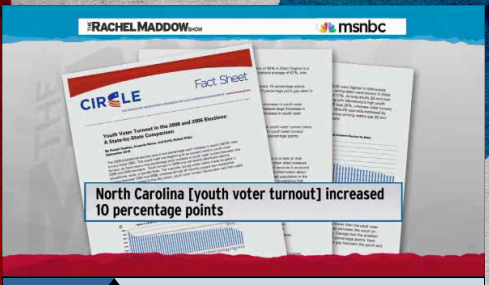- Facebook70
- Total 70
Opposition MP: If the Rt. Honourable Prime Minister had spent 20 years on Robben Island —
Opposition backbencher: As she SHOULD!
(Jeers, cheers)
Speaker: Order! Order!
That’s a snippet from a parliamentary debate on South Africa ca. 1990, as I recall it. By then, I was a graduate student living in England, and Margaret Thatcher was soon to be deposed by her own party; the country was tired of her. Eleven years earlier, I had been a schoolboy in London. It was then the Winter of Discontent, with whole sectors on strike, more than 1 million non-striking workers temporarily laid off because of disruptions in the supply chain, inflation at 13.4%, the National Front calling for “repatriation for all coloured immigrants,” the IRA embarked on its “Long War” strategy, and even nature contributing blizzards. My family was against Thatcher–and rightly so–but a change in her direction felt inevitable.
Her rise and fall framed my own adolescence and early adulthood and was probably formative for me, not in the sense that I agree with her, but because she set the terms of the debate. From 1980-1992, I moved back and forth across the Atlantic and watched in freeze-frame action as two countries experimented with Thatcherite reforms.
Overall, I share the Guardian‘s appraisal:
Much was wrong with the Britain she inherited in 1979, undemocratic union power among them, and many things, though not wrong in themselves, were unsustainable without radical change, including some nationalised utilities. Britain would have had to alter radically in the 1980s and 90s, and the process would have been hard and controversial. But, as Germany and other northern nations have shown, economic dynamism has been possible without the squandering of social cohesion that Mrs Thatcher promoted.
The first quoted sentence is important. I have nothing in principle against strong unions and a social welfare state, but nations must engage their people in building a just and good society. When the British first constructed the National Health Service, high-rise public housing, and other aspects of their post-War welfare state, many could feel that they were engaged in a constructive project. By 1979, I don’t think anyone really believed that the British public sector was improving or that citizens could use it for idealistic purposes. The general feeling that I recall was pessimistic and deeply zero-sum. The best case that could be made for the welfare state was Burkean: it existed, people were accustomed to it, and Thatcherite reforms were radical and untested. As I have argued before, the parties of the left have been deeply conservative (in the Burkean sense) since about 1970.
Thatcher saw the need and opportunity to change, and I would acknowledge that she gave quite a few Britons the sense that they could build something valuable together (through the market rather than the state). But she changed the country too much, too fast, too much from the top and the center, with too little attention to social cohesion, equity, agreement, and sustainability. Again, to echo the Guardian, “There can certainly be no going back to the failed postwar past with which Margaret Thatcher had to wrestle. But there should be no going back to her own failed answer either.”

